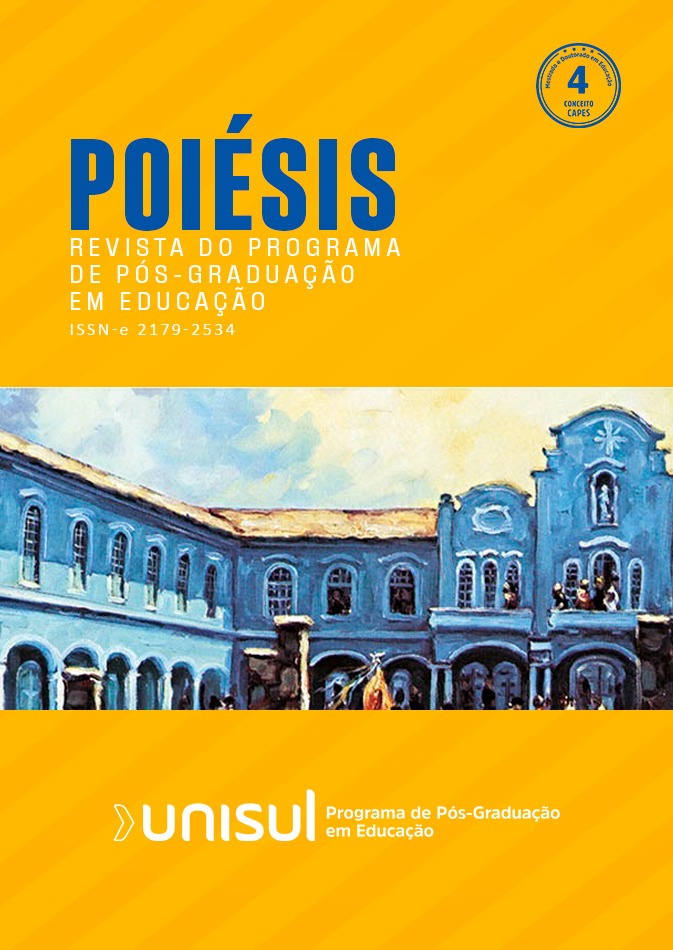TRADITIONAL TALES FROM LUSOPHONE COUNTRIES – AN EXPERIENCE OF PROMOTING INTERCULTURAL EDUCATION IN THE 1ST CYCLE OF BASIC EDUCATION
DOI:
https://doi.org/10.59306/poisis.v15e27202173-92Keywords:
Traditional Tales, Animals, Intercultural Learning, Lusophone Countries.Abstract
This article focuses on the analysis of how traditional animal tales from different Lusophone countries can contribute to the acquisition of intercultural learning in children of the 1st Cycle of Basic Education. The main objectives of this study are: to promote sensitivity to cultural diversity in students of the 1st CEB through traditional tales; describe the influence of animal tales from Lusophone countries on intercultural learning of these students; to analyze the importance of animal tales for motivation in learning; develop attitudes of respect for the Other; develop attitudes of respect for the environment. Traditional tales feed readers' imaginations and open symbolic spaces so that they can understand themselves and the world around them. The methodological option developed was action-research, where the researcher gives special importance to the practice and to reflection, which aims is to identify problems and plan strategies to overcome them.
Downloads
Published
Issue
Section
License

Poiésis is licensed under a Creative Commons Atribuição-Uso Não-Comercial-Não a obras derivadas 3.0 Unported License.


